The price of petrol in Nigeria is on the verge of a significant increase, with estimates suggesting it could reach N1,300 per litre.
This rise is attributed to the financial challenges faced by the Nigerian National Petroleum Company (NNPC) Limited, which is the country’s sole importer of petrol.
Join our WhatsApp ChannelSpeaking on the situation, an independent oil marketer who requested anonymity stated, “It was almost inevitable for the pump price to remain the same, as this is one of the outcomes of a fully deregulated market.”
The marketer further highlighted that the NNPC’s dominant role as the primary importer, coupled with limited private importation, exacerbates the situation.
Why is the Petrol Price Increasing?
The core issue lies in the rising landing cost of petrol, which has surged from N720 per litre in October 2023 to N1,203 per litre.
The landing cost includes various charges like international prices, shipping, insurance, and other logistical expenses.
Tunji Oyebanji, the CEO of 11 Plc (formerly Mobil Nigeria), commented on the situation: “Selling below the landing cost, whether from import or local refineries, is not sustainable. If they sell at an economic price, perhaps others can import, supply will improve, and the financial strain will not be on them alone.”
This sentiment was echoed by Gillis Harry, National President of the Petroleum Products Retail Outlets Owners Association of Nigeria (PETROAN), who warned that Nigerians should not expect any imminent reduction in petrol prices.
READ ALSO: Dangote: We Didn’t Discuss Petrol Price With IPMAN, Denies Fixing ₦600/Litre
He emphasised the need to revamp domestic refineries to reduce dependency on imports.
The Role of Dangote Refinery in Stabilising Petrol Price
As the NNPC struggles to manage its financial obligations, the recently announced exclusive purchasing agreement with the Dangote refinery might offer some relief.
Dangote’s facility is set to begin large-scale petrol production, which could reduce the need for imports and potentially stabilise the petrol price.
“We are testing the product (petrol), and subsequently, it will start flowing into the product tanks,” said Devakumar Edwin, Vice President at Dangote Industries Limited.
He noted that while the NNPC is expected to buy the petrol, the refinery might export it if the local demand does not match production.
Potential Impacts of the Petrol Price Increase
The expected petrol price increase has already caused anxiety among Nigerians. Reports from various parts of Lagos, including Ikeja, Maryland, and Ikorodu, show petrol prices soaring as high as N1,000 per litre, even before the official price hike.
This troubling trend is not confined to Lagos alone but is also observed in Ogun State and the nation’s capital, Abuja, where long queues have formed at the few operational filling stations.
Abubakar Maigandi, President of the Independent Petroleum Marketers Association of Nigeria (IPMAN), reassured the public, saying, “There is no need for panic. As marketers, we have petrol for sale but not the quantity that we should have. Our stock is a bit down, but some marketers are still selling.”
However, the prospect of higher petrol prices is likely to intensify concerns about fuel scarcity, particularly as the NNPC continues to face financial difficulties.
The future of fuel subsidies, which have long kept petrol prices lower than market rates, is also uncertain, with many experts predicting that these subsidies may soon be phased out altogether.
What Lies Ahead for Petrol Price in Nigeria?
As the NNPC navigates through its financial strains, the potential petrol price increase to N1,300 per litre is becoming increasingly likely.
The exclusive deal with Dangote refinery may provide some relief, but the full impact on petrol prices and supply in Nigeria remains to be seen.
The situation underscores the need for greater transparency in NNPC’s financial dealings and a swift move towards bolstering domestic refining capabilities.
Emmanuel Ochayi is a journalist. He is a graduate of the University of Lagos, School of first choice and the nations pride. Emmanuel is keen on exploring writing angles in different areas, including Business, climate change, politics, Education, and others.
- Emmanuel Ochayihttps://www.primebusiness.africa/author/ochayi/
- Emmanuel Ochayihttps://www.primebusiness.africa/author/ochayi/
- Emmanuel Ochayihttps://www.primebusiness.africa/author/ochayi/
- Emmanuel Ochayihttps://www.primebusiness.africa/author/ochayi/




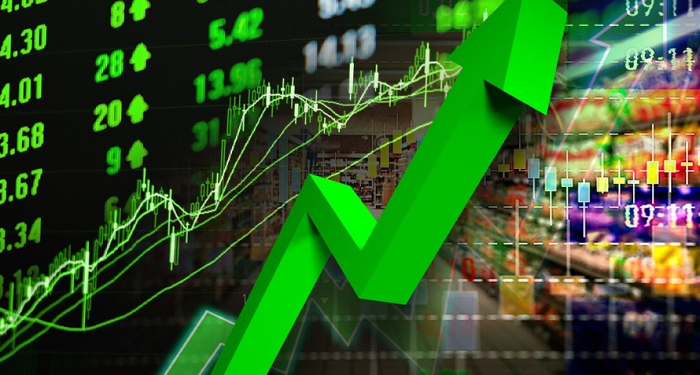
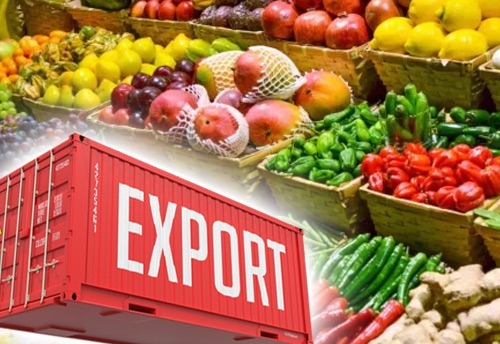
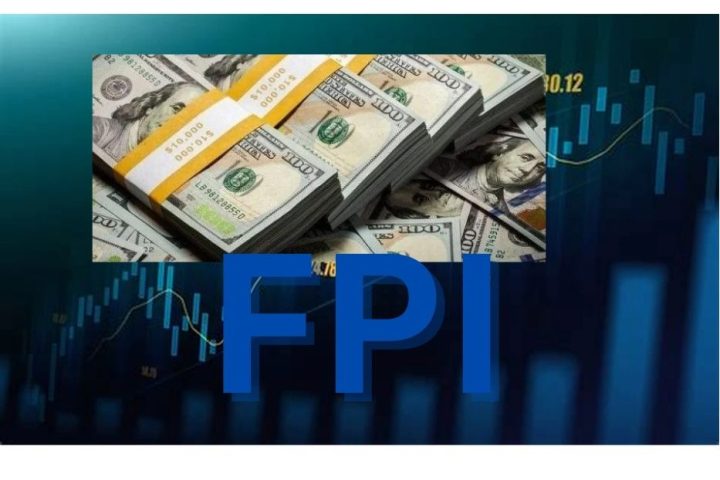







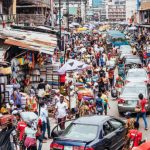
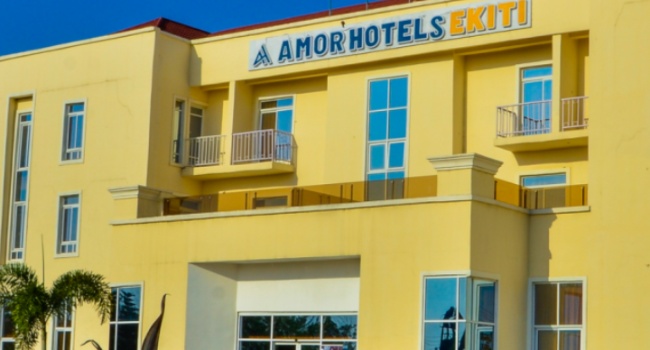

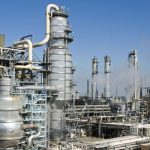
Follow Us